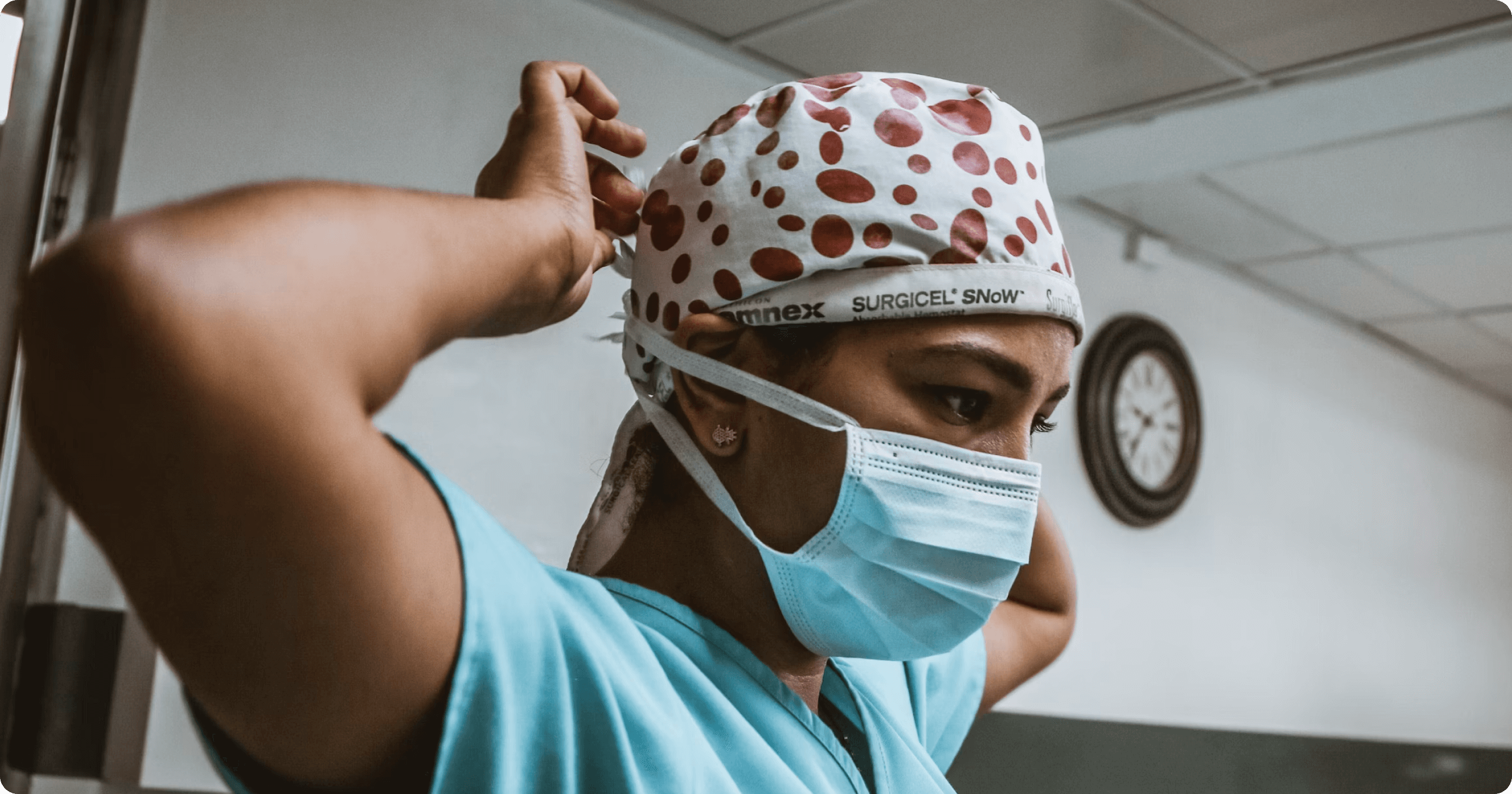Vascular Surgery
Vascular surgery is a specialty dealing primarily with diseases and abnormalities of arteries, veins and lymphatic vessels.
Overview
Patients requiring vascular surgery suffer from many different vascular disorders, such as aortic aneurysm, varicose veins, lymphatic disorders and diabetic foot complications. Some 50% of patients with vascular disease present urgently or as an emergency, many of whom require immediate complex major surgery.
Previously, vascular surgical skills were part of the domain of the general surgeon. However, the increase in the volume and complexity of vascular conditions and the development of new minimally invasive techniques has led to the need for vascular surgery to become a separate specialty.
Training Body
CST (see General Surgery)
Core Surgical Training (CST) see General Surgery
In Surgery, initial training equivalent to BST is called Core Surgical Training (CST) of 2 years [known as ST1-ST2] which must completed before applying for HST in relevant Surgical Specialty of up to 6 years [known as ST3-ST8]. CST is included in the General Surgery page but also applies to the other surgical specialties.

Higher Specialist Training (HST)
Requirements
- Have completed a Medical Degree.
- Be eligible for inclusion on the Trainee Specialist Division of the Medical Council Register at the time of application.
- Certificate of Completion of Core Surgical Training – CST is a minimum duration of two years of structured Core or Basic training, post internship.
- Successful completion of MRCS part A&B/DOHNS Part B
- For non-Ireland, -UK, -Australia, -Canada, -New Zealand or -US: An IELTS certificate OR the Occupational English Test (OET).